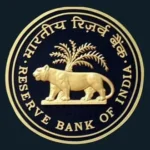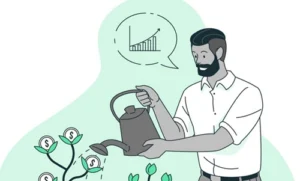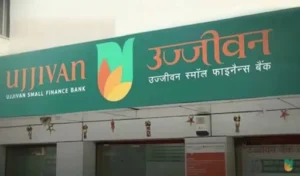IMF and World Bank are very often in the headlines, but the thing is, a lot of people don’t know that these two aren’t the same. Yes, there are people who think the IMF and World Bank are the same thing but with different names. But the reality is far from it, and today, we are here to take a look at what these two are, what they do, and what their importance in the current world or the current geopolitical scene. So yes, if you are interested in the difference between IMF and World Bank, then keep on reading this post because we are about to take a good look at just that.

Overview of the IMF and the World Bank
The IMF is more like an institution that watches over the world economy, you know? Well, it was founded in 1947 and has 189 member countries now. Its main job is to keep the international monetary system safe and in good shape, always. All in all, the International Monetary Fund (IMF) is a group based in Washington, D.C. whose main goals are to promote global monetary unity, protect financial stability, boost international trade, push for high employment, drive long-term economic growth, get serious about ending poverty and things like that.
Though, the World Bank’s huge job after World War II was to help Europe get back on its feet. Its goal has changed over the years into a strong drive to reduce poverty and boost sustainable development around the world, no matter what. The World Bank, unlike its cousin the IMF, is focused on long-term economic development and poverty eradication. Infrastructure, education, healthcare, clean water, and cleanliness are just a few of the things that are needed to build a strong society as per the World Bank.
Key Differences Between the IMF and the World Bank
1. What’s Their Main Job?
For sure, from the looks of it, the IMF and the World Bank seem to be involved in similar kinds of things, but that’s not factually correct though. Acting to stabilize currencies and balance sheets when nations experience an economic downturn, the IMF is more like the financial therapist for the world. Its primary aim is to maintain the global money game’s integrity with professional guidance and emergency funds to address problems including things like unstable payments and currency declines. Turning now to the World Bank, its emphasis on long-term development and on eradicating poverty drives everything. In what manner though? Building schools, upgrading hospitals, and laying down roads, you know, basically laying the groundwork for sustained development in underdeveloped countries, all in all, by funding projects.
2. What Kind of Help Do They Offer?
For countries that are having trouble with their money, the IMF is the place to go. They offer short- to medium-term loans as a financial band-aid. However, it’s not just about the money though, it’s also about being tough and asking for significant economic reforms in return. The World Bank, on the other hand, is more like a patient builder. It gives long-term loans and grants that focus on building facilities and making people’s lives better. It’s not about quick fixes, it’s about making conditions where economies can grow over time, without the stress of instant crises, you know?
3. What Is Their Operational Focus?
It is economic peace that the IMF looks forward to, no matter which nation we are talking about. All in all, the IMF looks at the big picture, keeping an eye on world economies like a hawk and stepping in with policy help and financial assistance to maintain economic stability. Stopping economic meltdowns is very dangerous work that needs to be closely watched. On the other hand, though, the World Bank works on specific projects that will directly improve the economic health of a country. Building schools? Done. In hospitals? Yes. They are working on the ground to make changes that you can see and touch.
4. The Money Stuff
This is where things get interesting. Because each member country puts money into the IMF, that country has a say in how things are run based on how much they put in, you know? It’s like a club where the amount of money you pay to join affects how much power you have, simple as that. The IMF has rules that borrowers must follow. These rules are all about making sure that the money actually contributes to economic healing and growth. Money from member dues, the financial markets, and investment profits, on the other hand, are mixed up at the World Bank. They make it easier to get loans and don’t put too many rules on you. Instead, they focus on making sure projects stay on track and can be maintained as long as possible.
5. Who’s In Charge Here?
Both organizations are like clubs, and their members come from all over the world. The cool thing about the IMF is that your power depends on how much money you have. The equation is pretty simple: the more you give, the louder your voice is. It’s simple, but some people don’t like it because it means that big economies often have the last word, you know? There is a difference at the World Bank, where financial contributions make all the decisions. In order to make decisions that are fair for both cash providers and cash users, they make sure that both lenders and borrowers have a chance to speak no matter what.
6. Not Without Drama
The IMF, with its stringent economic recommendations, frequently draws criticism for enforcing rules that may be a little too restrictive, igniting discussions about how they may affect local economies and lifestyles. And the World Bank? Sure, it is not far behind in terms of controversies. Its big projects can cause social and environmental problems, and they have been known to force communities to move or damage nature.
Conclusion
That’s all for now. With these key differences between the IMF and the World Bank, now it must be much clearer in your head why these two are different, how they function, what they do, and what’s their importance in the world.


















